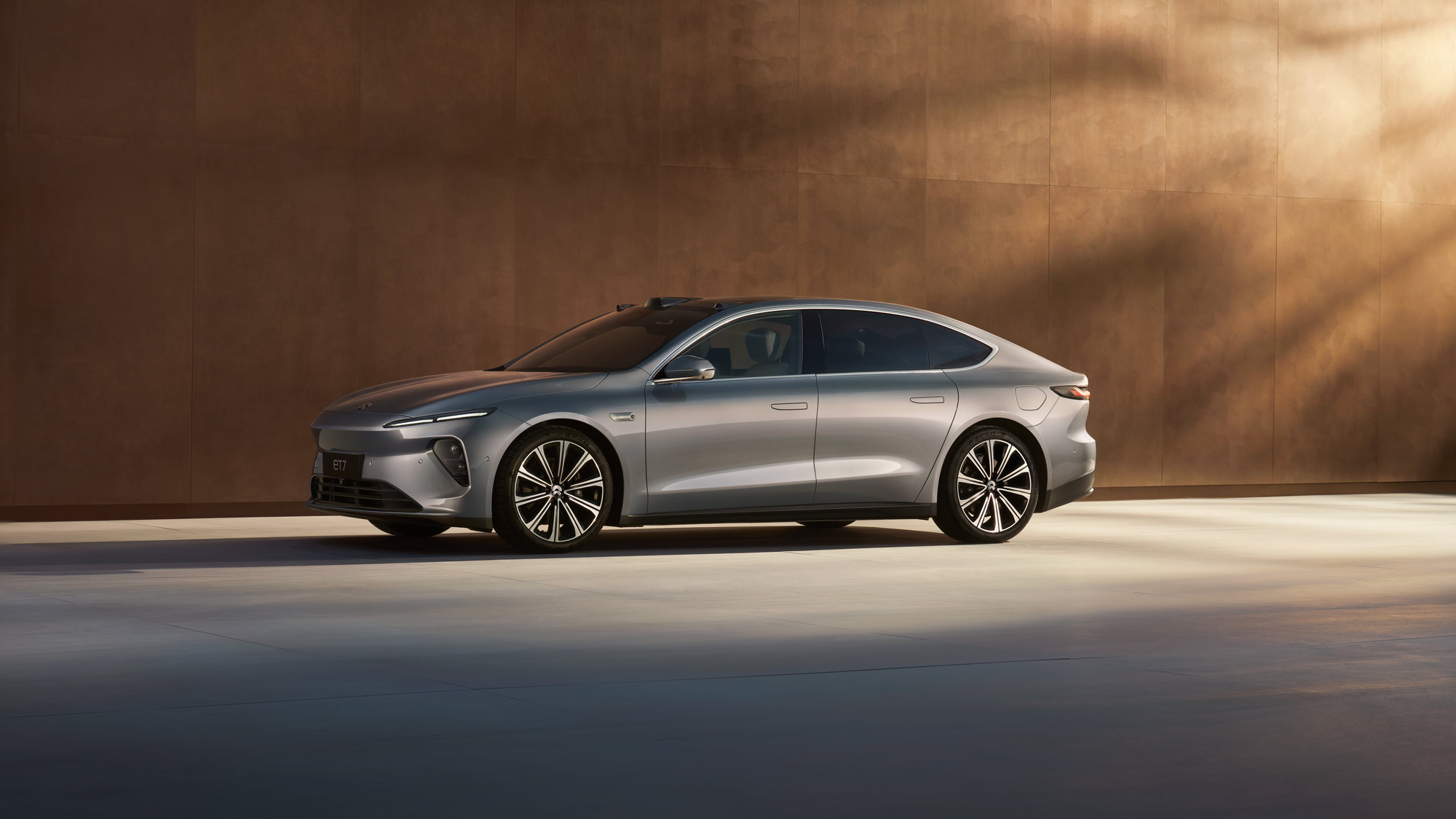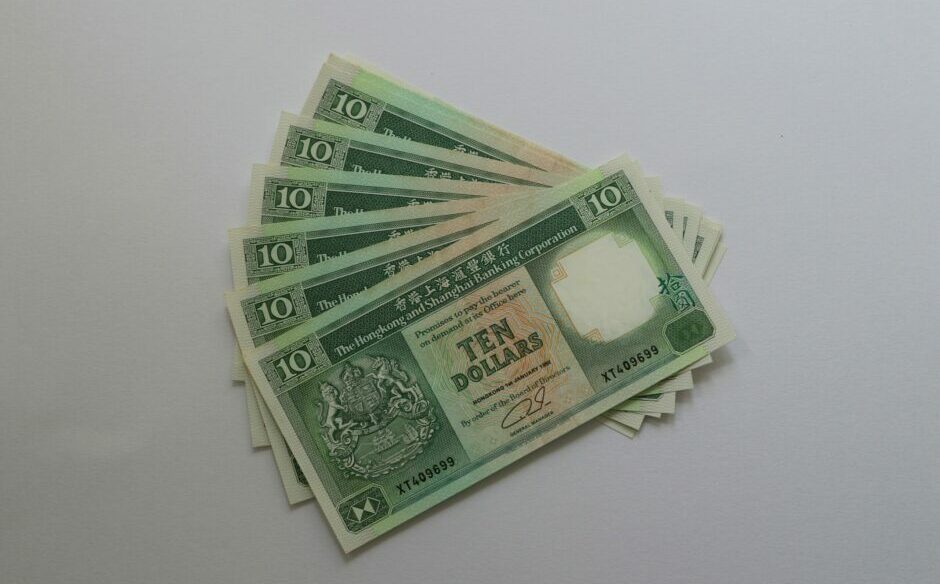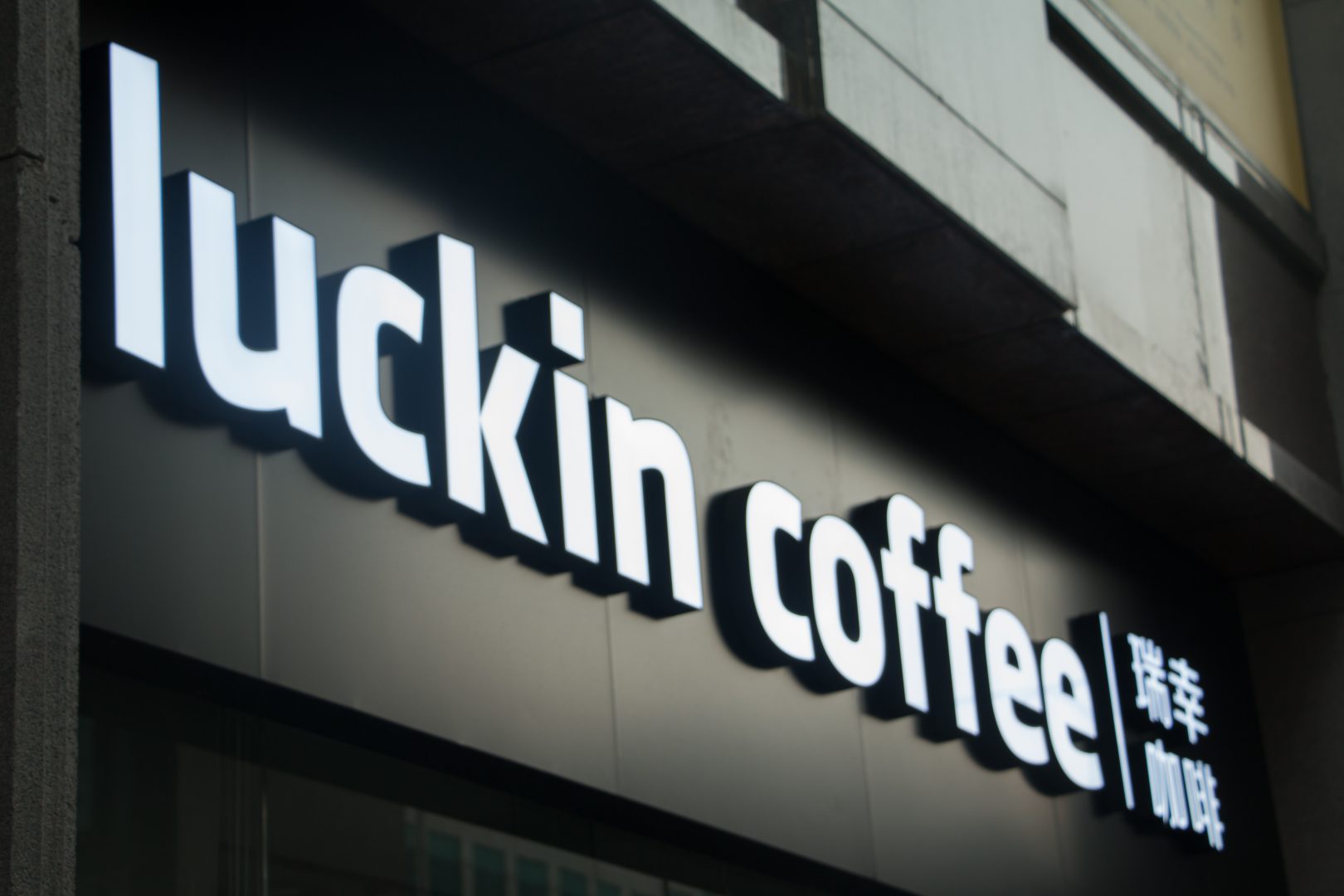TOKYO — The plight of Nidec stock shows what happens when a company fails to meet investors’ lofty expectations.
Shares of the world’s largest motor maker have been severely punished after earnings estimates for the current business year failed to meet investor expectations. The stock closed down 2% on Monday after falling 5% on Friday. The announcement came Thursday.
Nidec’s drive motors are a key component of electric vehicles. For that reason, the maker has been hailed as a “core investment” in the coming EV revolution, says Koji Hashizume, a fund manager at Tokio Marine Asset Management.
Investors had driven up the share price 2.4 times over the past year. Hashizume thinks the party is not over. “The long-term growth story remains unchanged,” Hashizume said.
The profit miss from the quarterly earnings season’s top batter has dampened broader investor sentiment, however — a reminder that the market is vulnerable now that the Nikkei Stock Average has gained 50% over the past 12 months.
Nidec’s earnings for the year ended in March were largely in line with market expectations, with operating profit up 47% to 160 billion yen, on sales of 1.6 trillion yen, up 5%.
But for the current fiscal year, the company’s projection of 180 billion yen, which would represent a 13% gain, fell short of a consensus estimate of 200 billion yen.
The earnings guidance “missed estimates meaningfully,” said Amit Garg, an equity analyst at investment house CLSA, which has assigned the Nidec stock a “sell” rating, citing “excessive multiples.”
Nidec’s price-to-earnings ratio, a key valuation gauge, now stands over 50, compared with an average multiple of 20 or so for other Japanese auto components makers, according to Garg.
Nidec emerged as an auto industry disrupter by promising to supply drive motors to any aspiring EV makers, including Chinese upstarts, Taiwan’s Foxconn and Apple.
The pledge also puts Nidec in position to disrupt Japanese automakers’ traditional practice of receiving supplies from their keiretsu manufacturing partners. All the companies in a keiretsu arrangement usually hold shares in one another.
Kyoto-based Nidec was originally a maker of motors for computer hard disk drives. In recent years, it has moved into other areas, such as home appliances.
In 2018, Nidec moved into the EV motor business by establishing a joint venture with French automaker PSA. Nidec also actively invests in China, a rapidly growing EV market, as part of an effort to grab 40% to 45% of the global market for EV motors by 2030.
Nidec has further broadened its EV exposure by adding to its lineup of small motors for mini-EVs and e-bikes.
The conservative earnings guidance comes as a reality check for overexcited investors.
One concern is the global semiconductor shortage, caused by surging purchases of personal computers and home appliances, as well as the use of cloud networks, as people leave the office to work from home amid the pandemic.
As a result, the auto industry, which also has a ravenous appetite for semiconductors, has been hobbled. Chip “[o]utput for autos has dropped,” Nidec’s founding chairman Shigenobu Nagamori said. “That means demand for motors has also dropped. And customers are asking us to hold the delivery of motors.”
Another concern is that Nidec customers like Guangzhou Automobile Group of China are selling fewer electric vehicles as Chinese consumers go after less expensive models, such as the $4,400 mini-EV by SAIC-GM-Wuling Automobile.
Nagamori remains bullish. The Chinese market has become a harsh battleground in which pricing is wielded as the primary weapon, but Nagamori believes Chinese consumers will eventually start asking for performance as well as low prices. This would give the company an edge over its Chinese rivals.
For now, CLSA’s Garg thinks low-cost products such as e-bikes will make limited contributions to earnings due to their low average selling prices.
Then there is the issue of succession.
On Thursday, Nidec announced Jun Seki, 59, the company’s president and chief operating officer, will take over from Nagamori as CEO after a shareholders meeting in June.
Nagamori founded Nidec 48 years ago and is the largest shareholder with an 8.4% stake. Analysts have long pointed out Nidec’s heavy reliance on Nagamori as a possible risk factor.
Nagamori is widely regarded as a charismatic business leader who, through a series of successful acquisitions, has grown his company into one of corporate Japan’s most valuable profit generators, with a valuation of about 8 trillion yen ($74 billion). Analysts regard Nagamori’s M&A prowess as proof that the founder has an eye for spotting promising businesses.
The 76-year-old Nagamori on Thursday reassured investors that he will remain as chairman, with the right to represent the company. He said the setup is designed to enable speedy decision-making as the company takes steps to set itself up for the next 100 years.
Takumi Sato, an equity analyst at Daiwa Securities, has reiterated his “buy” rating. Sato said he positively regards a remark by Nagamori that the founder has chosen Seki as someone who can raise the value of a stock that Nagamori is more invested in than anyone else.
Nomura analyst Manabu Akizuki has also reiterated his “buy” rating, saying he has “high expectations” for M&As under the new management team.





